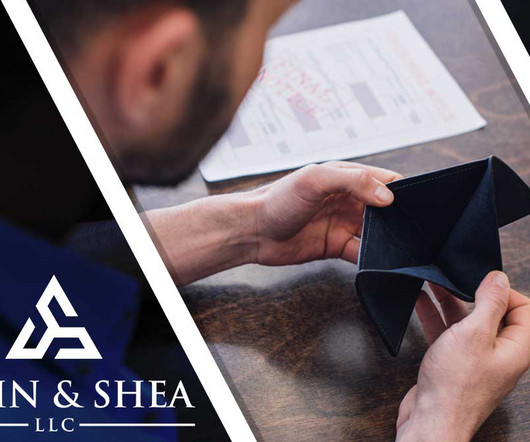When a Company Goes Into Administration or Liquidation Who Gets Paid First?
Hudson Weir
FEBRUARY 28, 2023
Once a firm enters administration, it must pay every creditor group entirely, save for ‘prescribed part’ secured creditors, before funds are distributed to the subsequent creditor. This amount is then used to give unsecured lenders more chances to recoup a little of their outstanding capital.












Let's personalize your content